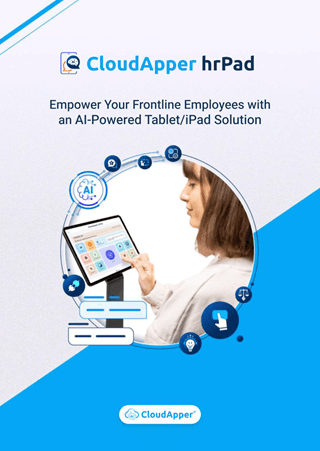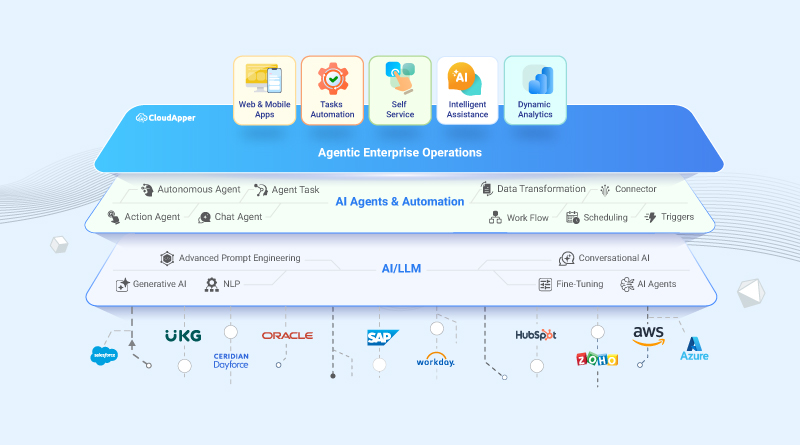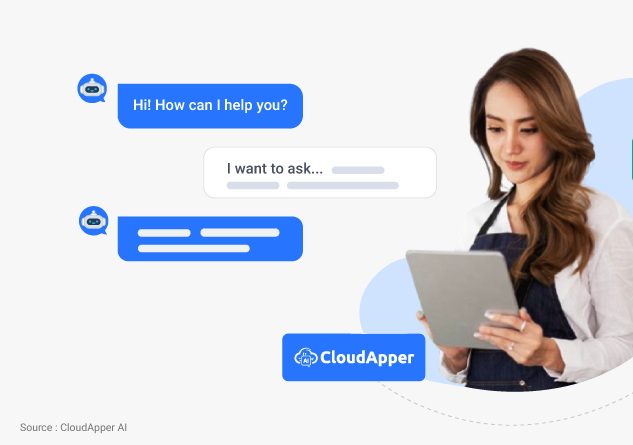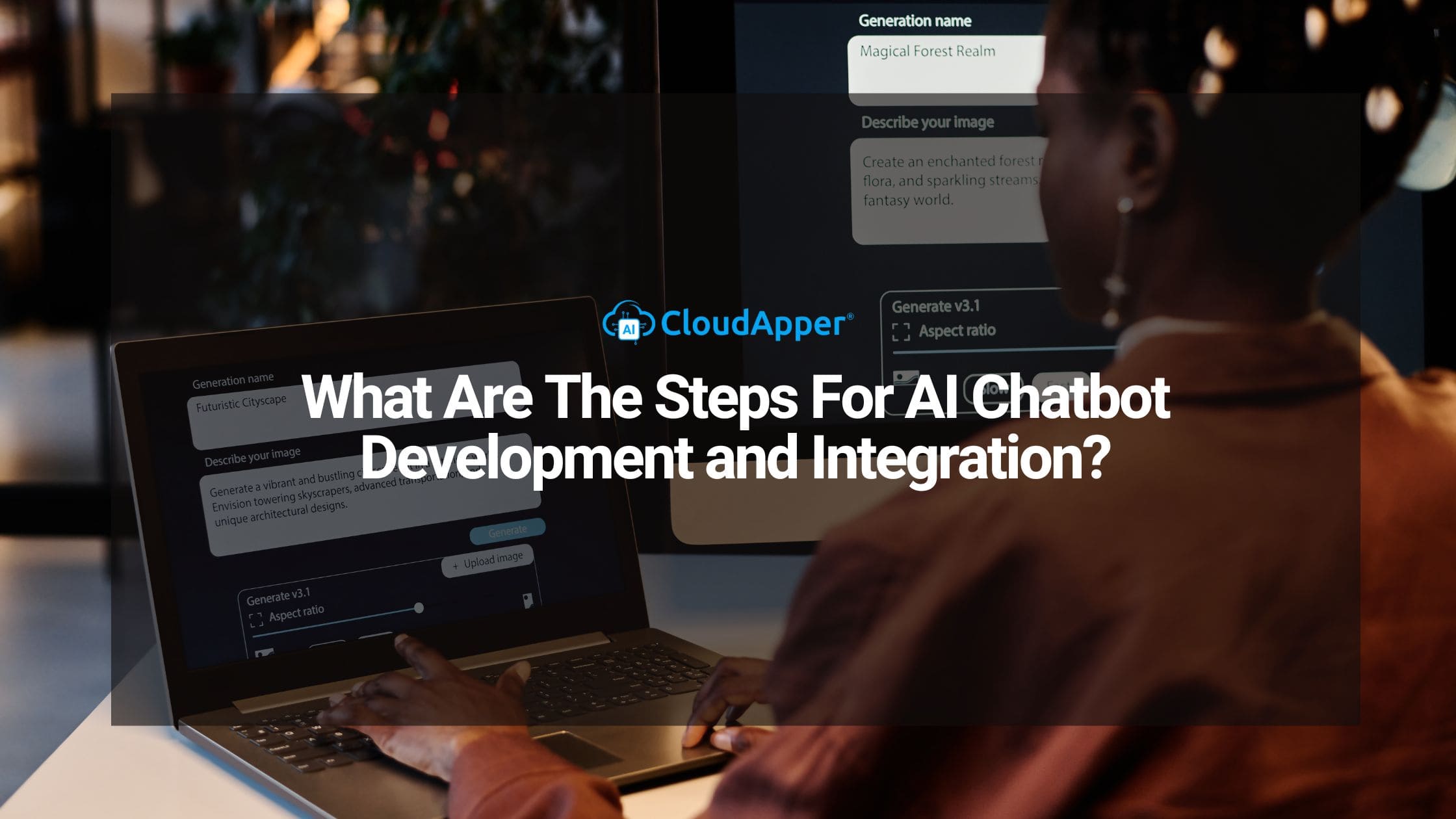Efficiency in operations and control of costs are of utmost importance in healthcare. Concerns within the industry include rising operational expenses, an ever-increasing workload, and the pressing need to enhance patient care. This is where CloudApper’s Conversational AI shines. Our state-of-the-art technology streamlines essential hospital processes lessens the burden on the healthcare team, and provides individualized responses to patient inquiries, leading to reduced healthcare operational costs. The healthcare industry could benefit from CloudApper’s Conversational AI since it offers a novel, efficient, and cost-effective way to control operational expenses.
How Much Money Can AI Save?
According to a 2023 report from the National Bureau of Economic Research, adopting AI could lead to 5–10% savings in U.S. healthcare spending, which equates to anywhere from $200 billion to $360 billion annually. These savings could be achieved by streamlining medical visits, reducing the need for in-person visits, eliminating paperwork, and automating routine tasks. A study by Tellus International found that conversational AI platforms for healthcare call centers save more than 4 minutes per inquiry. This time saving translates into 50-70 cents per interaction cost savings. More efficient and expensive applications of conversational AI in healthcare are on the horizon as technology develops.
How Conversational AI Reduces Healthcare Operational Costs
Automating Appointment Scheduling:
Conversational AI can handle scheduling appointments traditionally done by administrative staff. This involves understanding the patient’s request, checking the availability of doctors, and booking an appointment at a suitable time. This automation reduces the need for human intervention, thus saving time and reducing labor costs.
Answering Common Patient Questions:
Patients often have similar questions about treatment costs, insurance, etc. Conversational AI can be programmed to answer these common questions, reducing the need for staff to spend time answering repetitive queries. This saves time and ensures that patients get immediate responses, improving patient satisfaction and reducing the burden on staff.
Gathering Patient Health History and Insurance Information:
Conversational AI can also gather patient health history and insurance information. This can be a time-consuming process if done manually. However, healthcare providers can access and analyze this data more easily with the help of a conversational AI that can ask the right questions and record the answers in a structured format. This automation reduces the time spent on data entry and increases the accuracy of the data collected.
Increased Staff Productivity
By automating mundane administrative duties, conversational AI frees employees to concentrate on higher-level, more satisfying tasks. This increases job satisfaction and allows employees to use their skills and expertise more effectively, increasing productivity and efficiency.
Takeaway
In conclusion, the integration of conversational AI in healthcare operations has been shown to effectively reduce healthcare operational costs, enhance patient experience, and streamline administrative tasks. Implementing automation for routine inquiries and tasks allows healthcare providers to allocate more time and attention to delivering high-quality care. However, it is advisable for healthcare providers to carefully assess their operational costs, pinpoint specific areas where AI can offer substantial advantages, and establish partnerships with reputable vendors to ensure the successful integration of AI technologies.
This technology could change how healthcare is provided, and now is the time to take advantage of it. Contact us to find out how conversational AI can revolutionize your healthcare operations.
What is CloudApper AI Platform?
CloudApper AI is an advanced platform that enables organizations to integrate AI into their existing enterprise systems effortlessly, without the need for technical expertise, costly development, or upgrading the underlying infrastructure. By transforming legacy systems into AI-capable solutions, CloudApper allows companies to harness the power of Generative AI quickly and efficiently. This approach has been successfully implemented with leading systems like UKG, Workday, Oracle, Paradox, Amazon AWS Bedrock and can be applied across various industries, helping businesses enhance productivity, automate processes, and gain deeper insights without the usual complexities. With CloudApper AI, you can start experiencing the transformative benefits of AI today. Learn More


























